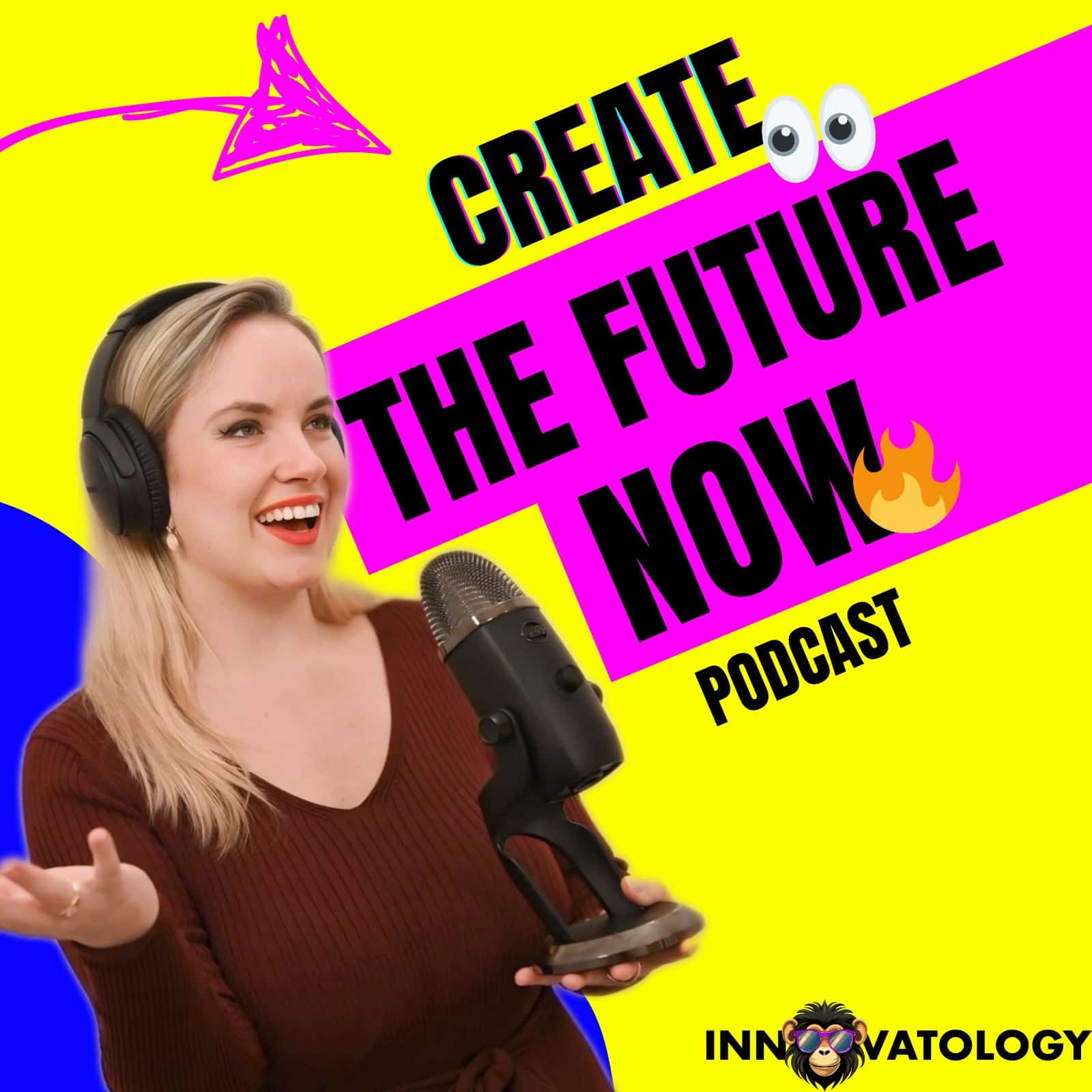Discover the future of manufacturing focused on AI. Dive into insightful discussions on how AI is revolutionizing factories, enhancing productivity, and driving efficiency. Learn from industry expert Scott Kemp about the benefits of integrating AI into manufacturing processes and the transformative impact it has on operations. Whether you’re a professional in the field or simply curious about technology’s role in modern factories, our podcast offers valuable insights and practical tips. Tune in to explore the intersection of AI and manufacturing and stay ahead in the competitive landscape.
Transcript;
00:00:01
Welcome to another podcast of the Creative Future Now by Innovatology. Innovatology is your one-stop shop where we decode the latest innovations and technologies to the most simple, comprehensible ideas to use in everyday life. Every week, we invite some really nice guests to go into detail on specific topics, together with, Cedric, a co-founder of Innovatology.
00:00:35
Today, we’re joined by someone who we met like one or maybe even two years ago in the Google headquarters in London, where we discussed the platform, leveraging AI. But I’ll let him introduce himself. So Scott, tell us a bit more about yourself. Well, hello. And just for the audience, these guys in the back end are hilarious, by the way. I’m having a good time. I’m having a good time, already. I heard one of the guys in the previous podcast saying to do a short or a long version. I’ll go with the long version. So I think we have plenty of time. So I’m Scott from Scotland. So I think it’s easy to remember. I always say that I think my parents gave up after the third child with names, so they just kind of call them whatever.






